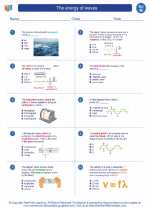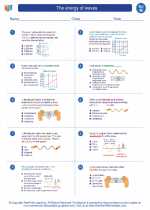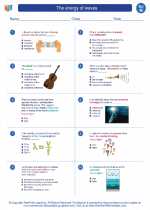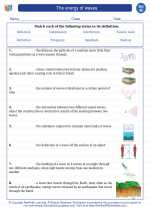Reproductive Physiology
Reproductive physiology is the branch of science that focuses on the study of the reproductive system and the processes involved in reproduction. This includes the functions of the male and female reproductive organs, as well as the processes of fertilization, pregnancy, and childbirth.
Male Reproductive Physiology
- Testes: The male reproductive system includes the testes, which are responsible for producing sperm and the hormone testosterone.
- Sperm production: Spermatogenesis is the process through which sperm cells are produced in the testes.
- Ejaculation: During sexual arousal, the sperm cells are propelled through the vas deferens and mixed with seminal fluids to form semen, which is ejaculated through the penis.
Female Reproductive Physiology
- Ovaries: The female reproductive system includes the ovaries, which produce eggs (ova) and the hormones estrogen and progesterone.
- Ovulation: Ovulation is the process in which an egg is released from the ovary and enters the fallopian tube, where it can be fertilized by sperm.
- Menstrual cycle: The menstrual cycle is a series of hormonal changes that prepare the uterus for pregnancy and result in the shedding of the uterine lining if fertilization does not occur.
Fertilization and Pregnancy
- Fertilization: Fertilization occurs when a sperm cell penetrates and fuses with an egg cell, forming a zygote.
- Implantation: The zygote implants in the uterus and begins to develop into an embryo.
- Pregnancy: The development of the embryo into a fetus takes place over approximately 40 weeks, culminating in childbirth.
Study Guide
When studying reproductive physiology, it's important to focus on the specific functions of the male and female reproductive organs, as well as the processes of sperm and egg production, fertilization, and pregnancy. Key topics to understand include the hormonal regulation of the menstrual cycle, the stages of embryonic development, and the physiological changes that occur during pregnancy and childbirth.
Additional areas of focus may include the impact of reproductive physiology on overall health, fertility, and the use of assisted reproductive technologies. Understanding the interplay of hormones, organs, and processes involved in reproduction is essential for grasping the complexities of reproductive physiology.
Remember to review and understand the terminology associated with reproductive physiology, including key terms such as gametogenesis, fertilization, implantation, and parturition.
Good luck with your studies!
.





